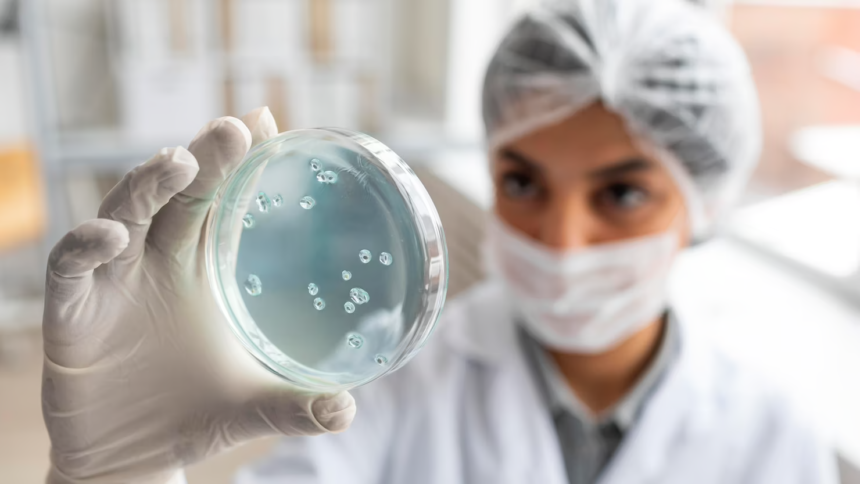Chlamydia is one of the most common sexually transmitted infections (STIs) worldwide, including South Africa. Despite its prevalence, many individuals with chlamydia may not experience noticeable symptoms, making it essential to understand the signs and seek testing for early detection and treatment. Recognizing the importance of sexual health and being proactive in seeking testing can help prevent long-term complications and reduce the transmission of this infection.
Chlamydia is caused by the bacterium Chlamydia trachomatis and can be transmitted through vaginal, anal, or oral sex. It can affect both men and women, and it often goes undetected due to its asymptomatic nature. However, when symptoms do occur, they can vary depending on the individual and the site of infection.
For women, common symptoms of chlamydia may include:
- Abnormal vaginal discharge: An unusual discharge that may be thin, watery, or have a strong odor.
- Pain or discomfort during urination: A burning sensation or pain while passing urine.
- Pain during sexual intercourse: Discomfort or pain during vaginal intercourse.
- Lower abdominal pain: Mild to moderate pain in the lower abdomen.
- Irregular bleeding: Spotting or bleeding between periods or after sexual intercourse.
In men, signs of chlamydia may include:
- Discharge from the penis: A clear or cloudy discharge from the penis.
- Pain or burning during urination: A discomforting sensation while passing urine.
- Testicular pain: Pain or swelling in one or both testicles.
- Rectal symptoms (if engaged in anal sex): Rectal discharge, discomfort, or bleeding.
It is important to note that these symptoms are not exclusive to chlamydia and can overlap with other conditions. Additionally, as mentioned earlier, many individuals with chlamydia may not experience any symptoms at all. This highlights the significance of regular testing, especially for sexually active individuals or those who engage in unprotected sex or have multiple partners.
Testing for chlamydia is relatively simple and involves a urine sample or a swab from the genital area. In South Africa, testing for chlamydia is available through various healthcare settings, including sexual health clinics, general practitioners, and specialized STI clinics. It is essential to choose a reputable and confidential testing facility to ensure privacy and receive accurate results.
Seeking testing for chlamydia is not only important for individual health but also for preventing the spread of the infection. If left untreated, chlamydia can lead to serious complications, such as pelvic inflammatory disease (PID) in women, which can result in infertility and chronic pelvic pain. In men, untreated chlamydia can lead to epididymitis, an inflammation of the epididymis, which can cause testicular pain and potentially impact fertility.
Testing for chlamydia is recommended for:
- Sexually active individuals: Those who engage in sexual activity, especially with new or multiple partners, should consider regular testing for chlamydia and other STIs.
- Individuals with symptoms: If you experience any of the symptoms mentioned earlier, seeking testing is crucial to determine the cause and receive appropriate treatment.
- Individuals with a recent partner diagnosis: If your sexual partner has been diagnosed with chlamydia, it is important to get tested to ensure early detection and treatment.
- Pregnant individuals: Routine screening for chlamydia is recommended during prenatal care to prevent potential complications for both the pregnant person and the baby.
Taking charge of one’s sexual health includes being aware of the signs of STIs and seeking testing when necessary. Testing for chlamydia is a proactive step that helps in early detection, prompt treatment, and preventing the spread of infection to others. By prioritizing regular testing, individuals can maintain their sexual well-being and contribute to a healthier and more informed community.
Remember, if you suspect you have chlamydia or any other STI, it is crucial to seek professional medical advice and treatment. Healthcare providers can offer guidance, support, and appropriate interventions to address your concerns and ensure your overall sexual health and well-being.










